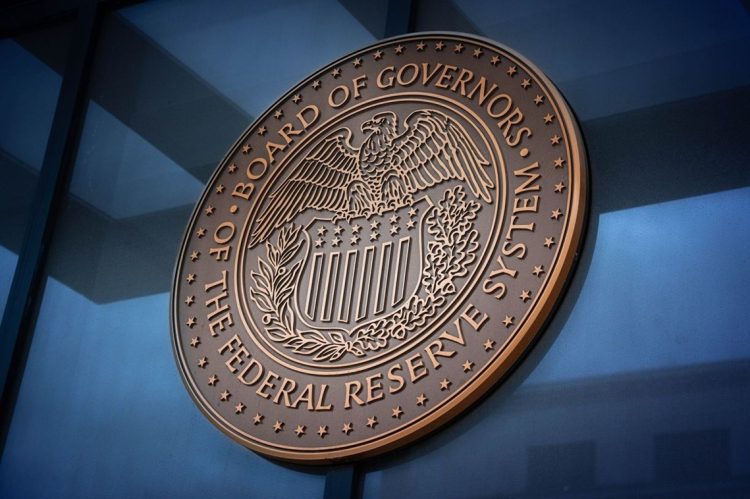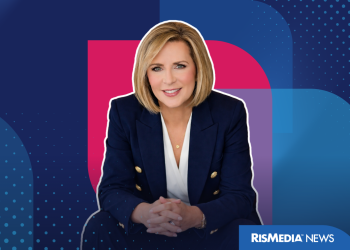At a recent public appearance at Oxford University, Federal Reserve Board Governor Christopher Waller confirmed that he plans to vote for a 25-basis-point cut at the next Federal Open Market Committee (FOMC) meeting in December. However, during a subsequent Q&A, Waller foretold that observers may find there is currently less “groupthink” at the Fed.
The recently released Fed Minutes, discussing how the Federal Reserve voted on monetary policy during the Oct. 28-29 FOMC (where voting members cut rates by 25 basis points), suggests the board is not unified on loosening monetary policy. This tracks with Fed Chair Jerome Powell’s statement at the October FOMC press conference that a December rate cut is “far from” guaranteed.
Based on reporting from Reuters, financial traders now expect a one-in-four chance of a rate cut at the December FOMC.
“In discussing the near-term course of monetary policy, participants expressed strongly differing views about what policy decision would most likely be appropriate at the Committee’s December meeting,” the Minutes read, continuing that “many” voting members indicated they did not think another rate cut for the rest of the year would be the correct path, while “several” believed a rate cut would be appropriate.
The Fed uses “many” to mean more than “several,” which could suggest (but does not confirm) that more committee members are in favor of holding interest rates. At the July FOMC, where the committee held rates, Waller and fellow Fed Governor Michelle Bowman dissented and voted to lower interest rates, the first non-unanimous vote since 1993. Based on the reporting in the Fed Minutes, it is possible this outcome could play out again at the December FOMC.
On the other hand, the Minutes also noted that some participants think that even another 25-basis-point rate cut would be too restrictive. Stephen Miran, appointed to the Federal Reserve Board of Governors by President Trump in September, has publicly said he thinks monetary policy is too restrictive and, during the October FOMC, voted for a 50-basis-point rate cut.
The Minutes noted how voting members weighed the dual mandate of the Fed, that being price stability and maximum employment. The Fed’s stated goal is reaching 2% annual inflation, which has not yet been achieved and—due to a boost in inflation that has been attributed to tariffs earlier in 2025—has somewhat reversed course away from the Fed’s goal. The Minutes reported that the committee generally expects inflation will remain elevated “in the near term” but gradually approach 2%.
The Minutes noted that reticence over another rate cut among board members stems from concerns over +2% inflation becoming “entrenched” and showing a lack of commitment to the 2% goal.
At the same time, the labor market has softened in the second half of the year. The outlook for the labor market among the Fed committee is that the labor market will “soften” in coming months, but will do so more gradually. Some committee members believe a rate cut will help stave off a possible sharper drop in the job market, which tracks with Waller describing his intended rate cut vote as “risk management” at Oxford.
“Several participants described the lack of job turnover and hesitancy among businesses to add jobs as adding downside risks to the labor market, noting that a further weakening in labor demand could push the unemployment rate sharply higher,” the Minutes read.
Participants were said to agree there is “uncertainty” about the direction of the economy, necessitating a keen eye and close analysis of available data.
“Many participants observed that the divergence between solid economic growth and weak job creation created a particularly challenging environment for policy decisions, requiring careful monitoring of incoming data to distinguish between cyclical weakness and structural changes in the relationship between output and employment,” the Minutes read.
To that end, the committee agreed that then forthcoming economic data would be vital to making their final decision in December. The 44-day government shutdown could prevent the Fed from releasing as much data as it usually does; the October Minutes suggested this issue was raised during the voting. However, Waller reassured at his Oxford appearance that the data they do have is sufficient for decision-making.
The next FOMC meeting is scheduled to take place Dec. 9-10.












